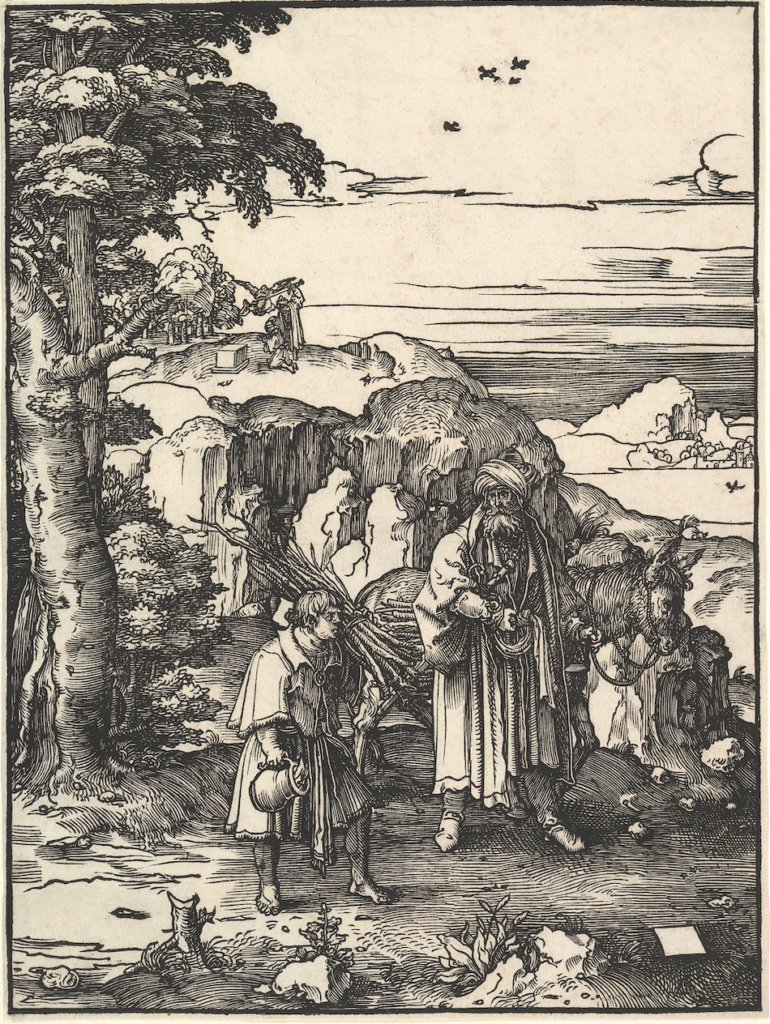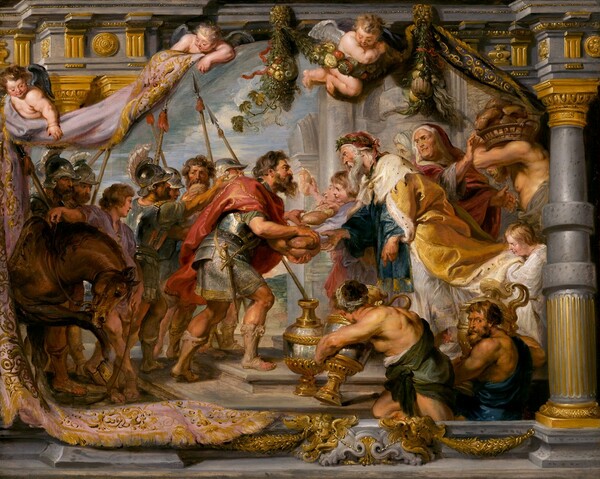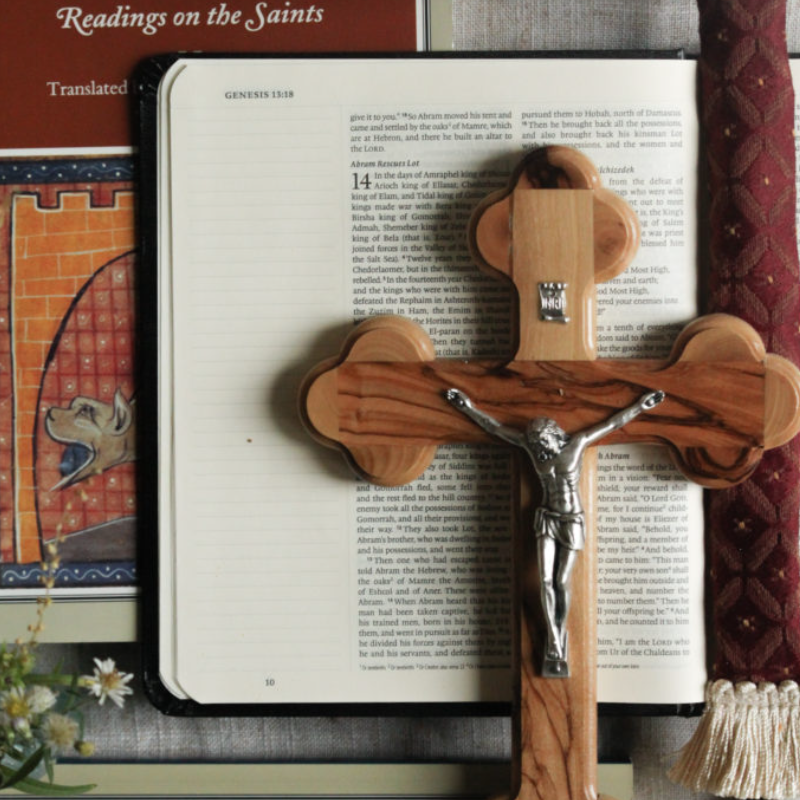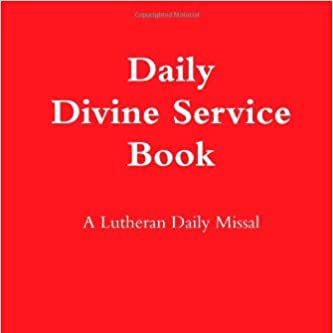The Father of Us All

When the Scripture first introduces us to St. Abraham, he is living with his father Terah and his wife Sarai in Ur of the Chaldeans, located in the southern part of modern-day Iraq. From there they move to Haran, near the border of modern-day Turkey and Syria (Genesis 11:31). Yet Haran was not to be Abraham’s home, for the Lord spoke to Abraham:
Go from your country and your kindred and your father’s house to the land that I will show you. And I will make of you a great nation, and I will bless you and make your name great, so that you will be a blessing. I will bless those who bless you, and him who dishonors you I will curse, and in you all the families of the earth shall be blessed. (Genesis 12:1-3)
Abraham trusted this promise, and even though Abraham stumbled along the way and it seemed that God was slow to fulfill his promises, in the end, Abraham still trusted in God’s promise, and Moses tells us that God counted this trust to him as righteousness (Genesis 15:6). It is because of this trust in God’s promises that St. Paul and the Christian Church ever since have called Abraham the father of all who believe (Romans 4:16-17).
Chapters 12 through 25 of the book of Genesis are largely devoted to the story of St. Abraham, and they contain too much information to relay here. The Christian reader, however, will find in these chapters the story of a man who was chosen by God to be his own and who—however feebly at times—clung to the promises that God gave him, even in the face of challenges and difficulties. In the end, we know that God fulfilled that promise, and part of that fulfillment was bringing the Messiah, our Lord Jesus, from Abraham’s line (Matthew 1:1-17)!
St. Abraham’s Day, then, offers us an opportunity to learn important lessons from Abraham’s life. First, in Abraham we see that what counts before God is not our great works or merit but rather God’s promise by which he chooses us in our baptism to be his own just as he chose Abraham by the promise of Genesis 12. Second, we see in Abraham how we as God’s people respond to this gracious promise: with trust, no matter how long it may seem we wait for its fulfillment. And finally, we see that God sees that trust and counts it for righteousness in his sight, thanks be to God!

A Brief History
While it is difficult to determine exactly how long Abraham has been commemorated on this day, both the Western churches (Lutherans, Roman Catholics, etc.) and the Eastern Orthodox Churches celebrate him on October 9th, indicating that this feast has been well established in the Church since at least the eleventh century when the Great Schism separated East and West.
This makes St. Abraham’s Day relatively unique. As we’ve mentioned before, the celebration of Old Testament saints in the Church’s sanctoral calendar is, for the most part, a relatively recent phenomenon. That Abraham has been a fixture of the Church’s annual calendar of saints for at least a millennium, then, demonstrates the importance of Abraham as an Old Testament saint and a forefather of our Lord Jesus Christ.
Collect
O Almighty God, who hast knit together Thine elect in one communion and fellowship in the mystical body of Thy Son Jesus Christ, our Lord: grant us grace so to follow Thy blessed saints in all virtuous and godly living, that we may come to the unspeakable joys which Thou hast prepared for those who unfeignedly love Thee; through the same, Jesus Christ, Thy Son, our Lord, who liveth and reigneth with Thee and the Holy Ghost: ever one God, world without end. Amen.
Lessons
Resources

Visit our post here about celebrating St. Abraham Day with storytime!
Issues, Etc. interview with the Rev. Dr. David Adams on St. Abraham
Propers found in Daily Divine Service Book: A Lutheran Daily Missal, edited by the Rev. Heath Curtis
References:
1. Treasury of Daily Prayer. Concordia Publishing House. 2008.
2. Jacobus de Voragine, translated by William Caxton. The Golden Legend. 1483.
Images:
1. Abraham Going to Sacrifice Isaac, Lucas van Leyden, Netherlands, 1517-19
2. The Meeting of Abraham and Melchizedek, Peter Paul Rubens, Flanders, c. 1626



